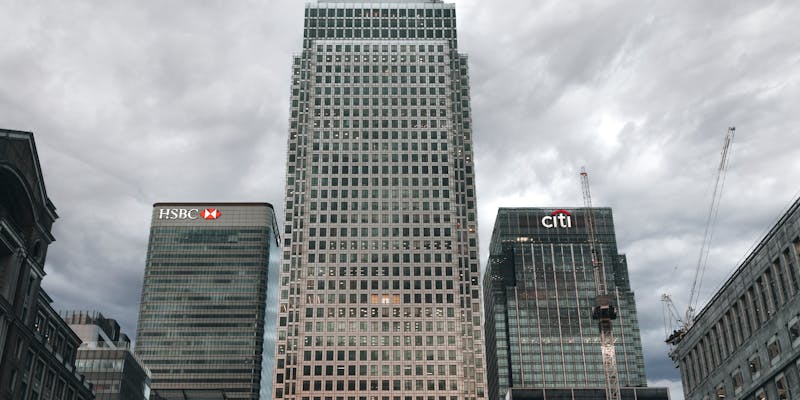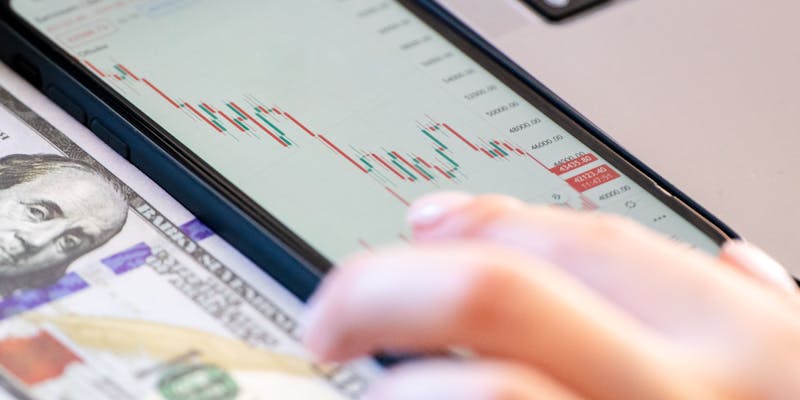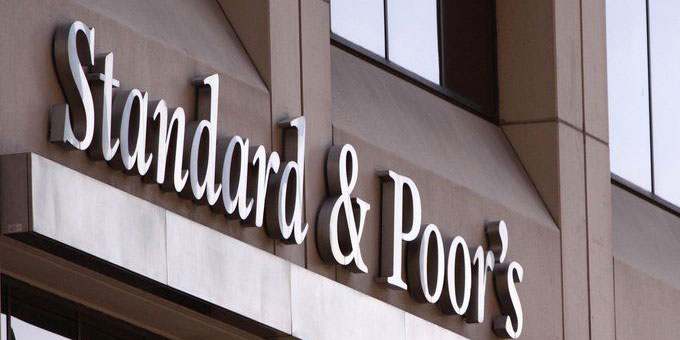Oct 16, 2023 By Triston Martin

A managed fund, often known as a fund, is a type of investment that allows a group of people to pool their money together. In the case of mutual funds, the money is invested by a fund manager, who purchases a diverse range of investments. It could consist of shares or other assets such as bonds or real estate. They may be concentrated in a single country or spread throughout several countries to access possibilities that are not readily available there. Best investment fund managers must know their core duties and accomplish their targets in the assigned time frame.

Advantages
When compared to investing on your own, there are several advantages to investing in a managed fund:
- A managed fund is managed by a team of skilled investment specialists that make investment decisions on your behalf after conducting extensive research and analyzing the many options.
- Because your money is dispersed over a large variety of different assets owned by the fund management, it has the potential to be less risky than investing in individual companies and shares. The bottom line is that by diversifying across numerous assets, you are not placing all of your eggs in one basket.
- Managed funds can be an excellent method for beginners to get their feet wet in investing because they need little initial investment.
- Managed funds also make it easier to manage risk by distributing our investments across a diverse variety of assets and financial instruments.
- The fund manager makes investment decisions by the rules of the fund. The fund manager is compensated for administering the fund and selecting the investments.
- We are not required to have in-depth knowledge; the beauty of managed funds is that we can benefit from the skills of a fund manager.
- Our income from managed funds can be supplemented by the receipt of capital gains when the value of our units in the fund rises in value.
It is up to you to decide what type of fund you want to invest in based on your objectives, the level of risk you are comfortable taking, and the fees you are comfortable paying.
Risks That May Exist
- The fund's value may decrease.
- Managed fund prices will frequently increase in value over time, resulting in a capital gain for investors. There is a possibility that a fund's price will fall below the purchase price.
- Because our money in the fund is spread over various assets and organizations, the danger of losing our entire investment may be less than if we directly invested in shares in a single company.
Fees Have the Potential to Lower Our Returns
Additionally, there is a danger that the various management and administration costs required by a fund will lower our return on investment. Depending on the fund management and the type of fund, fees might differ. Obstacles that a fund manager must overcome:
- In a substantially different world from the previous years, attaining risk-adjusted returns will be one of the most challenging hurdles to overcome. Problems that have surfaced in recent months, such as an increase in public debt, lower expectations of growth, high unemployment rates, and so on, have resulted in a significant increase in the volatility of the financial markets.
- Taking defensive positions while maintaining flexibility in the portfolio's movements to adjust to the market is essential for achieving performance in an environment similar to the current year, where unexpected news is broadcast. Increasing or decreasing the portfolio's risk in a short period is sometimes necessary.
- Another consideration is liquidity. It is vital to have a diversified portfolio and sufficient liquidity to satisfy prospective redemptions in certain assets, such as corporate bonds.
- The liquidity element is quite significant in the corporate bond sector. In a market experiencing negative news, many redemptions may hurt the portfolio's performance. Maintaining control over these fluctuations is a significant problem for the management.
- The most challenging issue for active managers is to outsmart their benchmarks in a volatile but directionless market for hazardous assets, which will be the most difficult challenge. Most importantly, investing in such an environment will test one's ability to modify one's mind and be open to new knowledge, a characteristic that not all investment managers are particularly adept at displaying. Taking a long-term perspective alone will not be sufficient to outperform current markets. The managers who are the most adaptable will be the ones that succeed.

Conclusion
The fund manager must deal with various difficulties because the investor's faith in him depends entirely on his words. Suppose someone promises to deliver the highest possible return on the money he has placed. In that case, he must follow through on that promise to establish himself as a good fund manager.
-

Get to Know How to Use the Dividend Discount Model to Value Stock
Oct 05, 2023
-

A Guide About Using The Discounted Cash Flow Model To Value Stock
Nov 14, 2023
-

Do You Know: How Much You Can Contribute to Your IRA?
Jan 06, 2024
-

What are the 20 Largest Banks in the World by Total Assets?
Jul 29, 2024
-

Top Alternatives to Robinhood: Best Apps for Former Users
Jul 31, 2024
-

A Quick Guide: How Credit Card Miles Work?
Dec 26, 2023
-

Rewards Credit Cards — All You Need To Know
Feb 07, 2024



